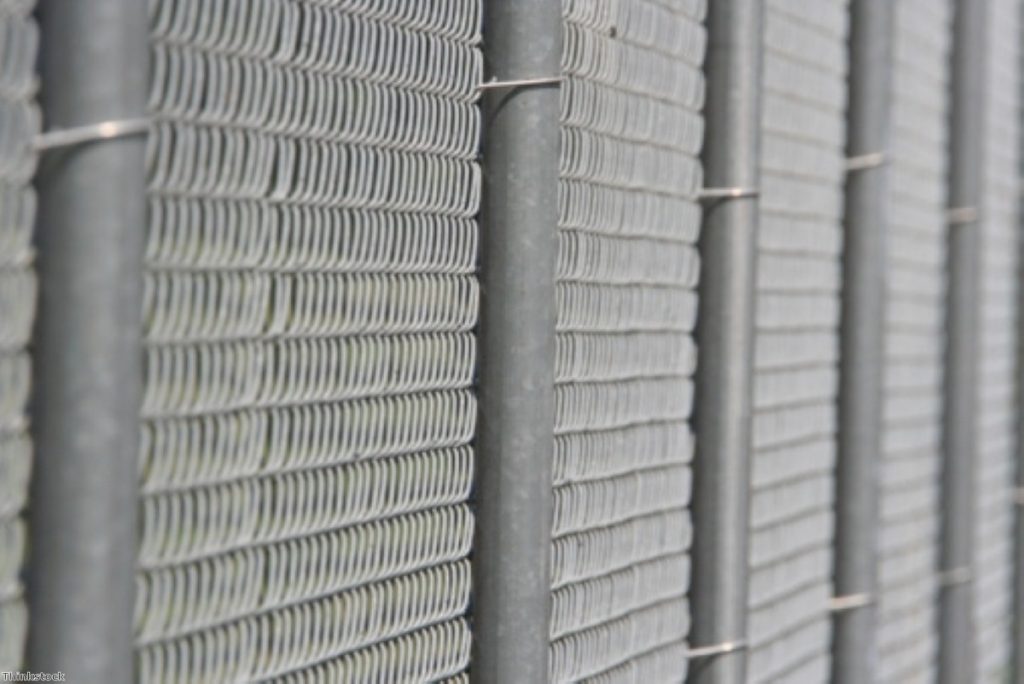The Mothers’ Day death: What happened to Christine Case?
At 8.17am on Sunday morning, an ambulance was called to Yarl's Wood. When it arrived, it found Christine Case, a 40-year-old Jamaican woman, unconscious following a cardiac arrest. They could not save her. She was pronounced dead on the scene.
This morning a post-mortem took place. It found that the death was unusual and in need of explanation. Tomorrow an inquest into her death will start at Ampthill Coroner's Court.
Almost as soon as it starts, the inquest will adjourn for two to three months to collate witness evidence and information before it reopens and comes to a judgement on the cause of death.
What do we know about the death of Christine Case?


We know she arrived at Yarl's Wood, a female detention centre, ten days earlier. Serco, the private firm which runs the centre, says she was seen by a nurse within two hours of arriving and had a full medical assessment by their GP on the same day.
On Sunday morning, she became ill shortly after waking. Her roommate set off the alarm. An officer came quickly, assessed the situation, and called the emergency response nurse by radio. The nurse arrived in three minutes and started treating her. She also told the control centre to call for an ambulance and asked for more medical staff to assist her. Because the incident happened between the change-over between night and day shifts, there were actually more nurses around than usual.
That is what Serco says.
Unconfirmed reports from inside the centre paint a different picture. They tell of a woman who had complained of chest pains for some time and been given only paracetamol. They say she had been crying for help before she died. There are also reports she was initially denied medical assistance and that Yarl's Wood turned down offers of help from the local NHS for other detainees who were distressed after witnessing the death.
It is not uncommon for detainees to die of heart failure. In July 2011, Pakistani asylum-seeker Muhammad Shukat died of a heart attack at Colnbrook Removal Centre, near Heathrow. The inquest found his death was caused by neglect. In March 2013, Khalid Shahzad collapsed and died within hours of being released from Colnbrook after having been deemed unfit for detention.
It's possible that the heart failures are a result of the stress and humiliation imposed on detainees. A recent Channel 4 report found 84-year-old Canadian Alois Dvorzac died in handcuffs, despite being ruled unfit for detention.
These reports chime with the information we have about health standards in detention centres. Independent medical assessors have described how nursing notes are often inaccurate. Last year, a Home Office doctor said Nigerian detainee Isa Muazu was 'fit to fly' even though he had not eaten for 90 days and could neither stand nor see.
Reports into the centres describe a "culture of disbelief" from medical staff. As one independent medical assessor told Politics.co.uk:
"I saw a man with HIV. They weren't giving him medication. He was coughing up blood. In the NHS, anyone in that condition would be immediately isolated. My recommendation was that he needed his own room at least and to be investigated for TB. They said that the detainees 'always make that up'. They said they wouldn't register it unless they saw him coughing up blood themselves."
The reports questioning the death of Christine Case come from the detainees who are in contact with the few journalists interested in their plight. They are unreliable reports. The people in detention centres often have mental illness or develop it once they are inside. They often have broken English. They sometimes play up to reporters in their desperation to draw attention to their situation, or simply as a result of their isolation and sense of injustice.
But there are very few other options for gathering information about what goes on in these places. The Home Office refuses to comment on immigration cases. Even when someone has died, they pass the case on to local police and the coroner, who cannot comment on an ongoing investigation or during an inquest. The only other source of information is Serco.
That is all we know about the death of Christine Case.
One more dead body behind the walls of Britain's detention centres.












